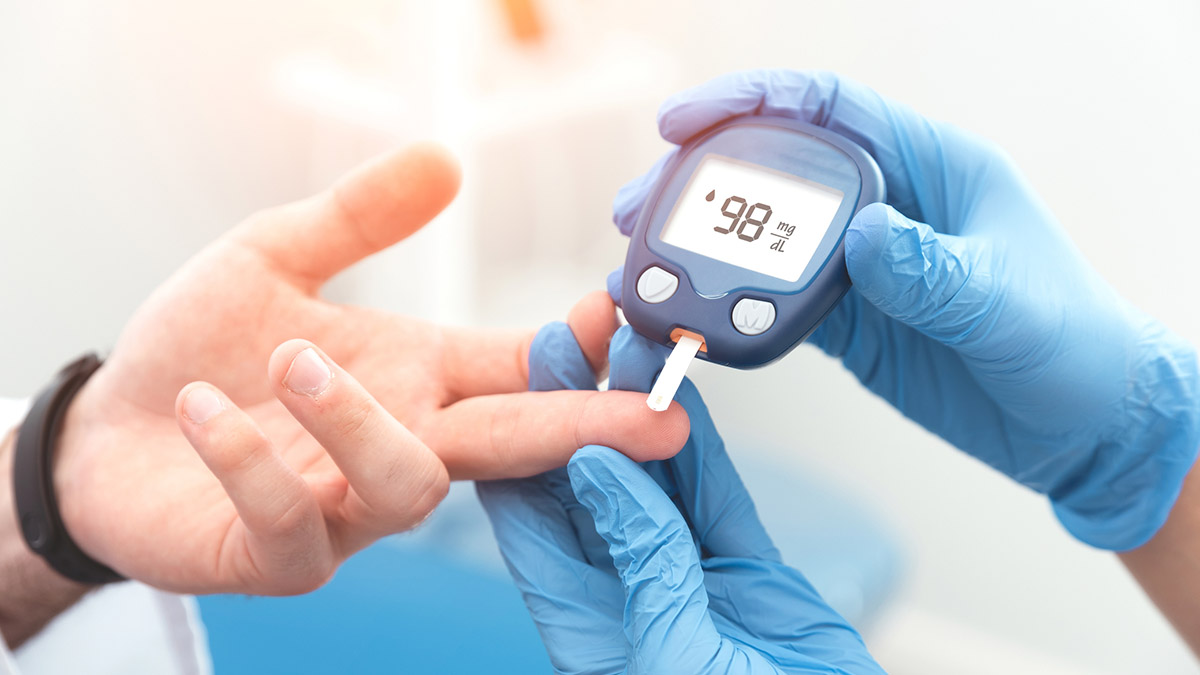Real-World Use of IDegLira in US Clinical Practice: A Safety and Effectiveness Study from the Medical College of Wisconsin, Novo Nordisk, and Veradigm®

Journal Article
IDegLira may be used as an intensification strategy for patients with type 2 diabetes across a range of different baseline therapies, according to a real-world evidence study conducted by researchers at the Medical College of Wisconsin, Novo Nordisk, and Veradigm.1 Initiation with IDegLira was shown to lower glycated hemoglobin (HbA1c) with minimal impact on weight. Among patients simplifying therapy, reductions in HbA1c were maintained despite reductions in the daily number of injectable antidiabetic medications.
Published in Diabetes Therapy, this retrospective observational study used de-identified ambulatory patient data sourced from a large US electronic health record platform in use at over 25,000 clinical sites (mostly single provider or small group practices) across the United States.
IDegLira is a fixed-ratio combination of insulin degludec, a long-acting human insulin analog, and liraglutide, a glucagon-like peptide-1 (GLP-1) receptor agonist. Clinical trials have demonstrated the efficacy and safety of IDegLira in patients with type 2 diabetes; however, studies demonstrating its effectiveness and safety in real-world populations are needed. This study is the first to report reduction in HbA1c among patients in US clinical practice who initiated treatment with IDegLira.
Over 34 million Americans have diabetes, with an estimated annual economic burden of $327 billion.2,3 Clinical practice guidelines recommend use of a combination of basal insulin and GLP-1 receptor agonists for glycemic control in the management of type 2 diabetes.4,5
The authors conclude IDegLira offers a simplified approach to therapy for patients who previously were receiving more than one injection daily of antidiabetic medication.
For more information regarding datasets and analytic services offered by Veradigm, please Contact Us.
References:
- Egede LE, Bogdanov A, Fischer L, Da Rocha Fernandes JD, Kallenbach L. Glycemic control among patients newly prescribed IDegLira across prior therapy group in US real-world practice. Diabetes Ther 2020. https://doi.org/10.1007/s13300-020-00850-w.
- Centers for Disease Control and Prevention. National diabetes statistics report, 2020. https://www.cec.gov/diabetes/data/statistics/statistics-report.html.
- American Diabetes Association. Economic costs of diabetes in the US in 2017. Diabetes Care 2018;41:917-928.
- American Diabetes Association. 9. Pharmacologic approaches to glycemic treatment: standards of medical care in diabetes – 2019. Diabetes Care 2019;42:90-102.
- Garber AJ, Handelsman Y, Grunberger G, et al. Consensus statement by the American Association of Clinical Endocrinologists and American College of Endocrinology on the comprehensive type 2 diabetes management algorithm – 2020 executive summary. Endocr Pract 2020:26:107-139.